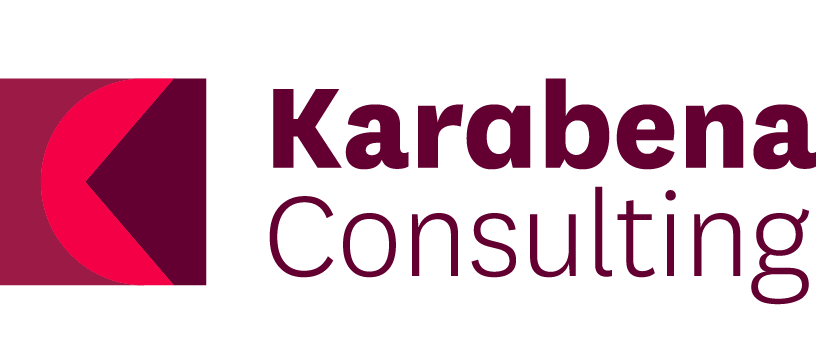Peer Researcher-Led Household Survey: East Gippsland and Wellington Regions, Victoria
The project was funded by the Victorian Department of Families, Fairness and Housing.
Who funded the project
The East Gippsland and Wellington Household Survey was an Aboriginal and Torres Strait Islander-led research project that aimed to provide evidence to inform the development of services, programs and policies to improve the life outcomes of Aboriginal and Torres Strait Islander individuals, families and communities in the Outer Gippsland region of Victoria.
The project was supported by Aboriginal Community Controlled Organisations in the East Gippsland and Wellington region. The surveys were conducted by Peer Researchers who were trained by Professor Kerry Arabena.
Summary
The project aims to:
Build the capacity of the Gippsland Aboriginal community,
Gather data on the goals and aspirations of the Gippsland Aboriginal community,
Inform the development of culturally appropriate services offered by GEGAC.
Project aims
Overall, the project used methodologies inclusive of First Nations’ research leadership, narrative practices, cultural protection, and data sovereignty.
Peer Researchers were trained and recruited to deliver the Household Survey. They played a key role in supporting the community to access and engage with the survey. The survey was distributed in two ways:
Through locally employed Peer Researchers who were provided with individual survey links; and
Through community links, which were distributed to the Aboriginal Governance Committee members to distribute to their networks.
The survey was carried out online using SurveyMonkey which allowed for real-time data collection.
Methodologies
A report was produced documenting the development of the survey, training of the Peer Researchers, results of the survey and recommendations that arose. The following six recommendations are as follows:
Acknowledgement of community trauma,
Socialise the concept of ‘Second Chance’ workforces – more work is needed to prepare ACCOs and other agencies on the role of peer researchers,
Engage the Australian Peer Researcher Association in further training and support,
Undertake the survey every two years to note trends.
Localise project levelled leadership to implement the decisions made by Aboriginal Governance Committee,
Roles and responsibilities of key stakeholders need to be clarified from the beginning.
Project Outcomes
Karabena Consulting’s approach led to the training of four Aboriginal peer researchers from the local community, with one of those being employed on the project.
Methodological outcomes
• Final Report
• Social Media posts
• Online training course
• PowerPoint presentations
• Flyers, brochures, and workbooks
• Webinar
Outputs
Peer Researchers, Gippsland, Household survey, goals and aspirations, second chance workforce, Australian Indigenous Peer Researcher Association, co-design, strengths-based paradigm, First Nations’ research leadership
